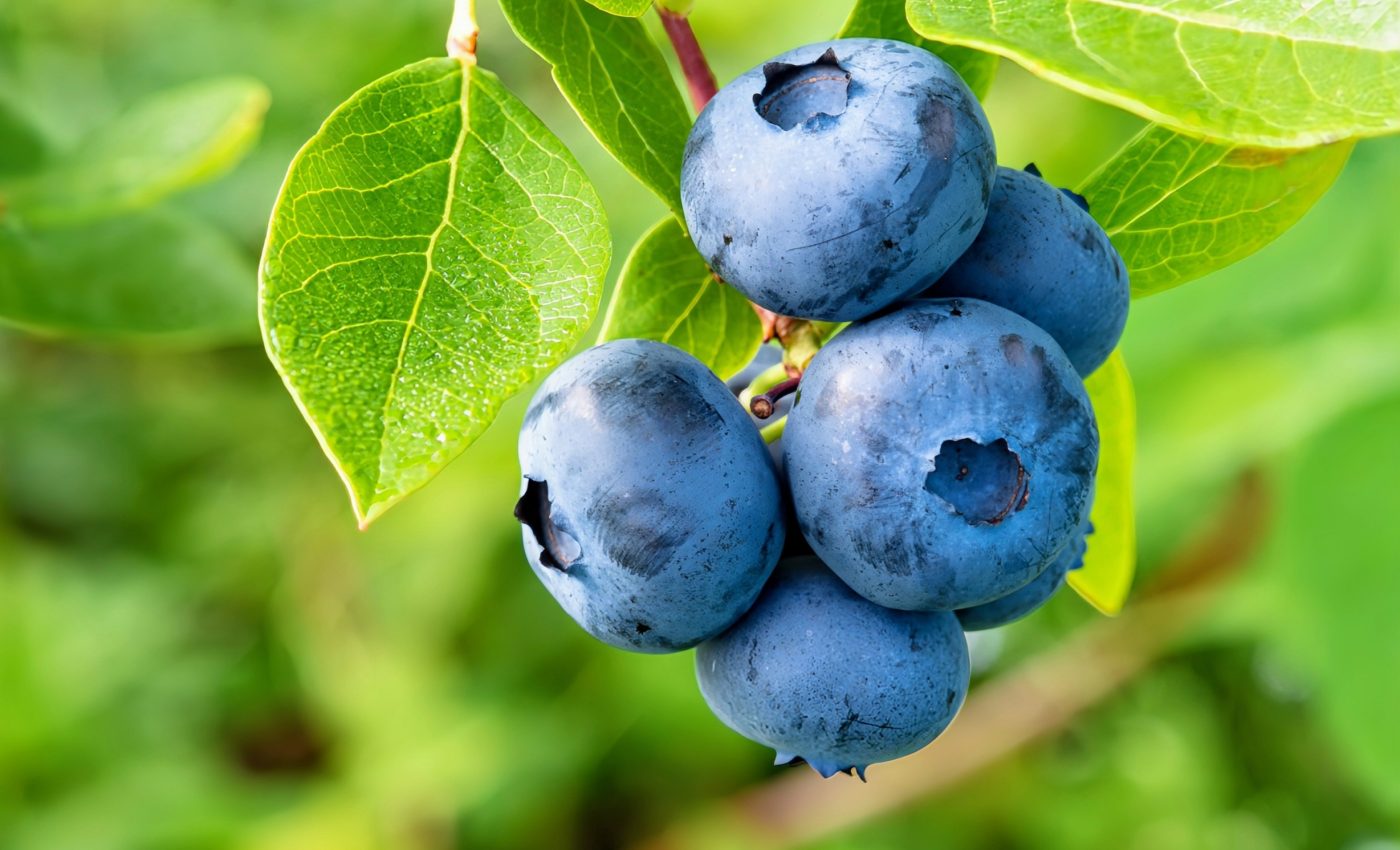
Crops worldwide are insufficiently pollinated
By analyzing crop yields of over 1,500 fields on six continents, a team of scientists led by Rutgers University-New Brunswick has recently found that global production of important, nutritious foods such as fruits, vegetables, nuts, and legumes is limited by a significant lack of pollinators.
The experts discovered that across various crops and locations, one-third to two-thirds of farms have fields which are not producing at the levels they should be due to a lack of pollinators, a phenomenon known as “pollinator limitation.” These findings are particularly timely considering recent concerns about global declines in insect abundance.
Concern and optimism
“Our findings are a cause for concern and optimism,” said Katie Turo, a postdoctoral fellow in the Department of Ecology, Evolution and Natural Resources in the Rutgers School of Environmental and Biological Sciences.
“We did detect widespread yield deficits. However, we also estimate that, through continued investment in pollinator management and research, it is likely that we can improve the efficiency of our existing crop fields to meet the nutritional needs of our global population.”
Comprehensive database of crop pollination
The researchers conducted a statistical analysis of over 200,000 bee visitations to crop flowers, by using one of the world’s most comprehensive databases on pollinated crops.
Senior author Rachael Winfree, a professor in the Department of Ecology, Evolution and Natural Resources, collaborated with various colleagues from South America and Europe to compile the most comprehensive database of crop pollination studies on the globe. This open-source database includes three decades of field observations of bees and other pollinators.
Crops pollinated by insects
The findings do not apply to major food crops like rice and wheat, which do not require pollinators for reproduction.
Nevertheless, pollination by bees and other animals is critical to the proliferation of “nutrient-dense and interesting foods that we like and are culturally relevant,” such as fruits, vegetables, nuts, and legumes, as Turo noted.
“If you look through a list of crops and think about which fruits and vegetables you’re most excited to eat – like summer berries or apples and pumpkins in the fall – those are the crops that typically need to be pollinated by insects,” she said.
Pollinators and flowering plants
Pollination refers to the process of transferring pollen from the male to the female part of a flower, allowing plants to be fertilized and reproduced. Pollen can be moved around by wind, water or, most frequently, pollinators like honey bees and other other animals, including bats.
According to previous studies, pollinators contribute to the reproduction of nearly 88 percent of the flowering plants and 76 percent of the main global food crops, and bees appear to be the most effective pollinators because they visit more flowers and carry more pollen than other insects.
The analysis revealed that blueberry, coffee and apple crops were most frequently impacted by pollinator limitation, while yield deficits were found for 25 crops in 85 percent of the countries evaluated.
Paying more attention to pollinators
The researchers remain optimistic that current yield deficits could be remediated with increases in pollinator visitation across individual crop fields. Fortunately, in some cases a sufficient number of bees were already visiting some fields.
“Our findings show variations in sensitivity to pollinator limitation across diverse crop systems and indicate that realistic increases in pollinator visitation could mitigate crop yield shortfalls attributable to pollinator limitation,” noted the study authors.
According to Turo, if field managers manage to improve consistency across both high- and low-yield fields, much of the identified yield problems could be fixed.
Winfree said the findings are significant because crop yields, which measure the amount of crops grown per unit area of land, are relevant to assessing the adequacy of the world’s food supply relative to its population.
“Our findings show that by paying more attention to pollinators, growers could make agricultural fields more productive,” Winfree concluded.
The study is published in the journal Nature Ecology & Evolution.
—–
Like what you read? Subscribe to our newsletter for engaging articles, exclusive content, and the latest updates.
Check us out on EarthSnap, a free app brought to you by Eric Ralls and Earth.com.
—–













